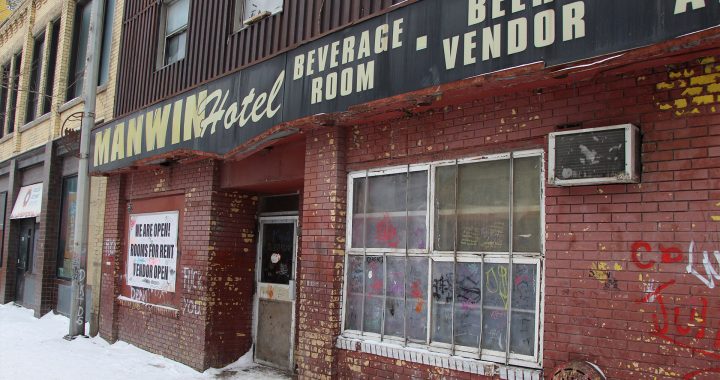Minister Valcourt unaware of residential school document destruction denial policy
Aboriginal Affairs Minister Bernard Valcourt says he’s not aware of an internal analysis drafted by his department outlining Ottawa’s position to officially deny Indian residential school documents were ever intentionally destroyed.
Jorge Barrera
APTN National News
Aboriginal Affairs Minister Bernard Valcourt says he’s unaware of an internal analysis drafted by his department outlining Ottawa’s position to officially deny Indian residential school documents were ever intentionally destroyed.
Valcourt faced questions from the NDP during question period Thursday following an APTN National News story based on an Aboriginal Affairs internal analysis describing the reason behind Ottawa’s policy to claim missing residential school documents were accidentally destroyed.
The department’s analysis said an admission that residential school documents were ever intentionally destroyed would open the federal government to litigation.
Compensation payments to residential school survivors under the multi-billion dollar settlement agreement are largely based on historical records proving students attended the institutions.
Over 50,000 survivors have failed to obtain their claimed compensation because no historical record existed proving they attended the schools.
Valcourt said he was not aware the department had drafted an analysis on the issue.
“If my department issued such a document officially, show it to me,” said Valcourt, in an interview.
APTN National News forwarded the document to the minister’s office, which claimed it did not reflect government policy and was written by a junior bureaucrat.
“The document in question was a draft written by a junior staffer. It does not reflect the government’s views,” said Valcourt’s spokesperon Jason MacDonald.
MacDonald, however, did not state what exactly the government’s views were in respect to the destruction of residential school documents.
Indian residential school documents were pulped and incinerated as a result of three major rounds of government-wide document destruction directives issued between 1936 and 1973.
Valcourt seemed perturbed by the NDP’s line of questioning during QP and appeared to believe B.C. MP Jean Crowder, the party’s Aboriginal affairs critic, was accusing the Harper government of destroying documents.
“Well 1939, I was not here, this government was not here, we did not destroy documents,” he said. “Unless the genius of the NDP can resurrect 1939 documents, there is nothing I can do.”
The federal government maintains that none of these documents were ever purposely destroyed, but fell victim to floods and fires, according to an Aboriginal Affairs analysis recently obtained by the National Residential School Survivor Society through the Access to Information Act.
“The government of Canada has taken the position that there was no deliberate destruction of student records and residential school documents and that documents were destroyed as a result of institutions that burnt down or were flooded,” says a departmental analysis from 2009. “The admission of the deliberate destruction of student records and documents might spur further legal action against the government of Canada.”
The analysis was triggered by a report issued by the National Residential School Survivor Society which took issue with the missing paper trails that left many residential school survivors receiving far less in compensation than they initially claimed because they couldn’t prove how many years they actually attended the school.
Under the multi-billion dollar residential school settlement, $1.9 billion was set aside for “Common Experience Payments” which were based on the number of years former students attended the schools.
A separate, Independent Assessment Process, was created to deal with compensation for abuse suffered at the schools.
Crowder said it was troubling Aboriginal Affairs appeared to have such a limited grasp over the issue of historical residential school documents.
“If the department doesn’t have a handle on whether documents were destroyed or not, then there are serious repercussions for survivors if documents were destroyed because we know those documents were relied on for compensation,” said Crowder.
The federal government is already stinging from this week’s release of the spring Auditor General’s report which chided Aboriginal Affairs and the Truth and Reconciliation Commission over their handling of the transfer of existing residential school documents.
With the TRC facing the end of its mandate in a little over a year, it’s still unclear how much it will cost to gather all the remaining documents, who will pay for it or even what documents are “relevant.”
@JorgeBarrera











The Minister of Indian Affairs, or whatever the name is today, is unaware of Aboriginal people period. (As all Gov’t (Conservative) members.